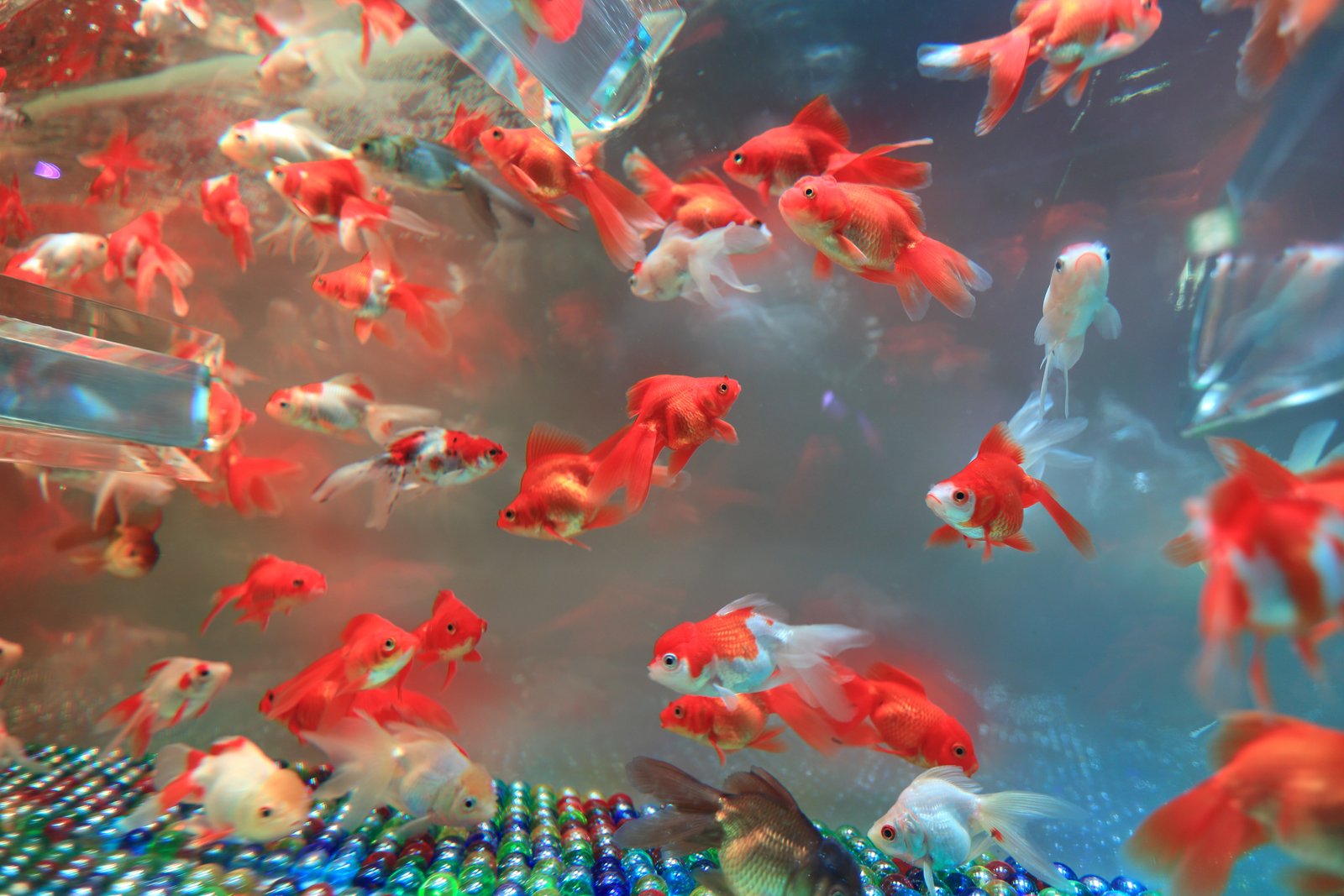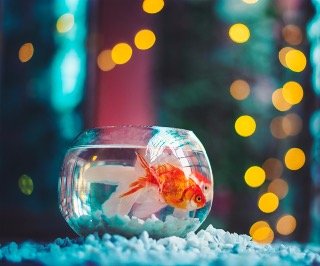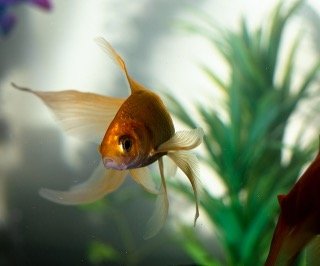
Introduction
All of us want to do anything we can to show our betta fish affection. We’ve found that using food and treats is one of the simplest methods to accomplish this. However, overfeeding or feeding the incorrect meals to your betta fish might result in health issues and poor water quality.
Continue reading to learn everything you need to know about feeding your betta fish if you’ve ever wondered what you should feed them or how frequently they need to be fed.
How to Care for a Betta Fish
Giving your betta fish the proper diet will keep it healthy, enhance its color, lengthen its life, and make it happy overall. Since bettas are carnivores, tiny creatures like insects and snails make up a large portion of their natural diet. Fortunately, there are many items available to guarantee that your betta eats a balanced, nutritious food.
What Food Is Best for Your Betta?
Live foods are the most nutrient-dense food option for bettas, but most people can’t afford them. Although frozen foods are inferior to live foods nutritionally, storage and quantity control might be a problem. Due to their lack of moisture, freeze-dried meals frequently result in constipation, and some may have lost the nutritional composition of the living animal. The most affordable choice for nutrient-dense foods that won’t break the budget is pellets for the majority of individuals.
Diets which Fish cannot eat
Omnivorous Diets: While feeding your betta the same food as your other fish may seem like a good idea, most communal and omnivorous foods lack the necessary levels of protein for bettas to remain healthy.
Bettas shouldn’t be fed foods like algal wafers because they don’t give the protein they need and because they could lead to constipation and other health issues because they aren’t designed to digest them.
You may also like to read Why Don’t Goldfish Live Longer?
Fruits and vegetables: Bettas do not require fresh foods like fruits and vegetables, despite the fact that many fish and invertebrates do. Constipated bettas can be given a piece of cooked, peeled pea to help things move along once again.
Plant Roots: You’ve probably seen packages sold as self-sustaining betta settings that include a vase and a plant. Bettas are not likely to eat any plant roots because they cannot survive on them. Your betta will perish from malnutrition or vitamin shortages if left to survive solely on plant roots.
How often should a betta fish be fed?
Betta fish need to be fed at least once a day because they do not graze like omnivorous and herbivorous fish do. Ideally, you should feed your betta twice daily; if you like, you can divide the food amount into three meals each day. To stay healthy and energetic, your betta needs to eat.
But it’s crucial to fast your betta every one to two weeks. When you fast, your digestive system can catch up on any partially digested food. This will aid in keeping your betta from being constipated.
The Risks of Feeding Betta Fish Too Much
Constipation is the main concern associated with overfeeding your betta. More than just bloating and abdominal discomfort can result from constipation in bettas. Additionally, it can cause swim bladder dysfunction and, through stress, may potentially make other underlying medical disorders worse. Make sure your betta is getting the right amount of food at each feeding, and try to avoid the impulse to overfeed them if they start giving you puppy dog eyes.
Why Is My Betta Fish Not Eating?
Your betta fish can decide to forego one or more meals if it’s bloated or constipated.
Inappetence can also be caused by medical disorders such swim bladder disease and dropsy, so if your betta starts skipping meals, be sure to keep a close eye out for signs of an underlying ailment.
Water quality problems are the most frequent cause of a betta fish’s inability to eat. Your water quality will decrease if your tank isn’t cycled or if you don’t perform frequent water changes. Similar rules apply to overfeeding and letting food spoil in the tank. With clean, clear water, bettas are happiest and healthiest.
Conclusion
It’s simple to feed your betta fish the appropriate diet, but you may need to read labels and keep track of how much and how often you’re feeding. Aim for a basic food for your diet that is low in fillers like soy and cornmeal and has about 40% protein.
Your betta will be stimulated and enriched by being fed a range of meals. Feed your Betta sometimes with live food if you can. They will like using their innate hunting skills!





